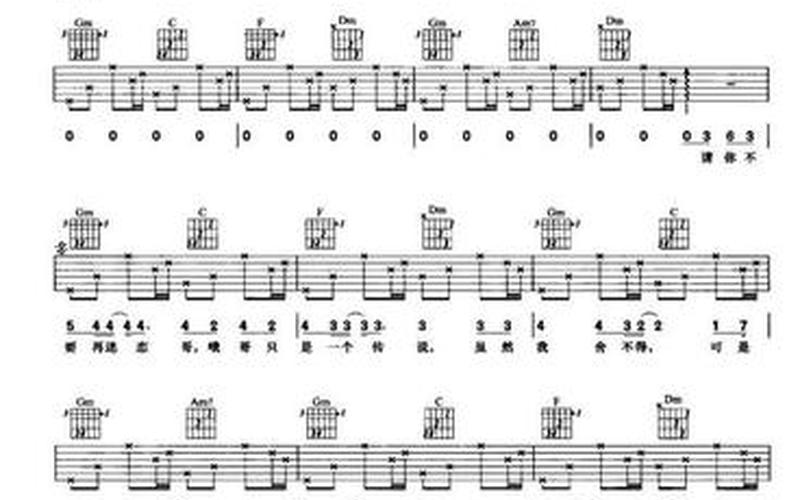Few is a commonly used English word that can be pronounced in different ways depending on the context. It is important to understand the correct pronunciation of "few" to ensure effective communication. In this article, we will explore the various ways to pronounce "few" and provide tips on how to quickly learn the correct pronunciation.

Introduction (200 words):
When it comes to pronunciation, "few" may seem like a simple word, but it can be tricky for non-native English speakers. The correct pronunciation of "few" is essential for clear and effective communication. In this article, we will guide you through the different ways to pronounce "few" and help you master its correct pronunciation quickly. Whether you are a beginner or an advanced English learner, this article will provide you with the necessary tools to confidently pronounce "few" in any situation.
1. The Standard Pronunciation of "few"
The Standard Pronunciation of "few"
The most common and widely accepted pronunciation of "few" is /fju?/. This pronunciation follows the standard English phonetic rules. To pronounce "few" correctly, start by saying the sound /f/ as in "fog" or "fun." Then, move on to the sound /ju?/ as in "you" or "youth." Remember to keep your lips rounded and your tongue slightly raised at the back of your mouth while pronouncing the /ju?/ sound.
2. Regional Variations in Pronunciation
Regional Variations in Pronunciation
It is worth noting that the pronunciation of "few" can vary depending on regional accents. In some dialects, particularly in certain parts of the United States, the /ju?/ sound may be pronounced as /u?/. This means that "few" may sound more like "foo" in these regions. If you encounter this pronunciation, do not be alarmed. It is simply a regional variation and should not cause any confusion in understanding.
3. Tips for Practicing the Correct Pronunciation
Tips for Practicing the Correct Pronunciation
To quickly learn the correct pronunciation of "few," here are some tips that can help:
1. Listen to Native Speakers: Listening to native speakers pronounce "few" can greatly improve your own pronunciation. Pay attention to their mouth movements, intonation, and stress patterns.
2. Mimic the Sounds: Practice repeating the sounds of "few" out loud. Focus on mimicking the correct lip and tongue positions to produce the /fju?/ sound accurately.
3. Record Yourself: Use a voice recorder or a language learning app to record yourself pronouncing "few." Compare your pronunciation to that of native speakers and identify areas for improvement.
4. Seek Feedback: Ask a native English speaker or a language tutor to listen to your pronunciation and provide feedback. They can point out any errors and offer guidance on improving your pronunciation.
Conclusion:
Mastering the correct pronunciation of "few" is essential for effective communication in English. By following the tips provided in this article and practicing regularly, you can quickly improve your pronunciation skills. Remember to pay attention to regional variations and seek feedback from native speakers. With dedication and practice, you will soon be confidently pronouncing "few" in any situation.







